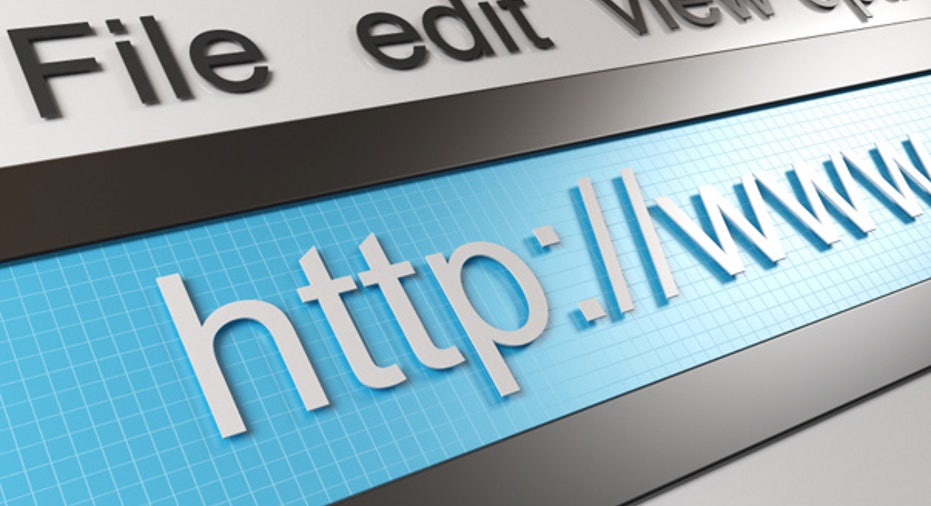Gawker and the End of Free Speech

Ever wake up, turn on the news, and hear something so bizarre that you look out the window to be sure your home wasn’t transported to another planet while you were asleep?
It can be really disorienting to go to bed secure in the knowledge that everything important in your life will still be there in the morning, only to find an enormous crack in one of the bedrock principles you hold dear upon awakening.
The principle I’m referring to is the First Amendment. And what happened the other morning shook my world … and not in a good way.
Gawker Media – publisher of perhaps the most raucous online gossip site, Gawker.com – took down a controversial post because founding CEO Nick Denton thought it didn’t “rise to the level” of content Gawker should be publishing which, if you frequent the site, is a pretty low bar. It’s hard to imagine a bar getting much lower.
This is the same Nick Denton who famously asked and answered, “Is there Gawker ethics? I mean, I guess there’s Gawker ethics. It’s a dangerous thing to talk about.” So I’m thinking they don’t talk about it much. Gawker’s famous for its derisive, sensationalist takedowns on everyone from Elon Musk and Carly Fiorina to John Travolta and Hilary Clinton. I doubt if ethics is a common topic in the newsroom.
This was actually the first time the site, whose motto is “Today’s gossip is tomorrow’s news,” has “removed a significant news story for any reason other than factual error or legal settlement,” according to Denton. The unprecedented self-censorship by senior management prompted Gawker Media executive editor Tommy Craggs and Gawker.com editor-in-chief Max Read to resign in protest.
What was so offensive about the controversial article that so crossed the line that it actually turned Denton to the light side? The story alleged a media CFO -- who also happens to be the brother of former U.S. Treasury Secretary Tim Geithner -- had solicited sex from a gay porn actor.
It bears mentioning that several big advertisers, including BFGoodrich and Discover, had threatened to halt ad campaigns as a result. Gawker is also fighting a $100 million lawsuit brought by former wrestler Hulk Hogan over a sex tape. If you’re wondering if dollar signs might have had anything to do with the sudden and inexplicable appearance of Denton’s conscience, I think you may very well be onto something.
And while media pundits ponder yet another breach of the supposedly impenetrable firewall between editors and publishers, the increasingly blurred line between news and opinion and the growing lack of journalistic integrity in the digital domain, let me tell you what I think this is really about.
While the First Amendment to the U.S. Constitution prohibits the government from “abridging the freedom of speech” or “infringing on the freedom of the press,” we the people are actually, shockingly and voluntarily giving up those rights by censoring ourselves.
In response to a social media uproar against the post, Read defended his decision, tweeting that “given the chance Gawker will always report on married C-suite executives of major media companies [fooling] around on their wives.” If that’s true, and I’ve no doubt that it is, then you’ve got to ask yourself what was different this time?
I could be wrong but it’s a reasonable bet that, if the executive in question had simply been cheating on his wife with another woman, it wouldn’t have created much of a stir and none of this would have happened. But these days, if you say anything disparaging about someone who’s anything but a heterosexual white male, the PC police will be all over you, your character, and your advertisers in a heartbeat.
With so many examples of this sort of politically correct self-censorship popping up left and right these days, you might wonder why I chose to write about Gawker. After all, the demise of interim Reddit CEO Ellen Pao less than two weeks ago was related to the shutting down of certain subreddits that were deemed offensive, in direct contrast to the site’s historic open and diverse user community.
I chose the Gawker example for a very specific reason. What began as political correctness by a minority of thin-skinned individuals who find every little thing offensive has turned into a massive cultural shift that dictates to the majority what they can and can’t say and how they can and can’t say it.
What I realized when I woke up the other day is that we the people – a nation built on a principle so foundational to our way of life that we made it the First Amendment to our Constitution – are willingly giving up our right to free speech. We’re willingly censoring ourselves. And we’re going down without a fight.
If that can happen at Gawker Media – a bastion of free speech and equal opportunity offender of anyone and everyone – it can happen anywhere. The first amendment protects us from government censorship, but who’s going to keep us from censoring ourselves?



















